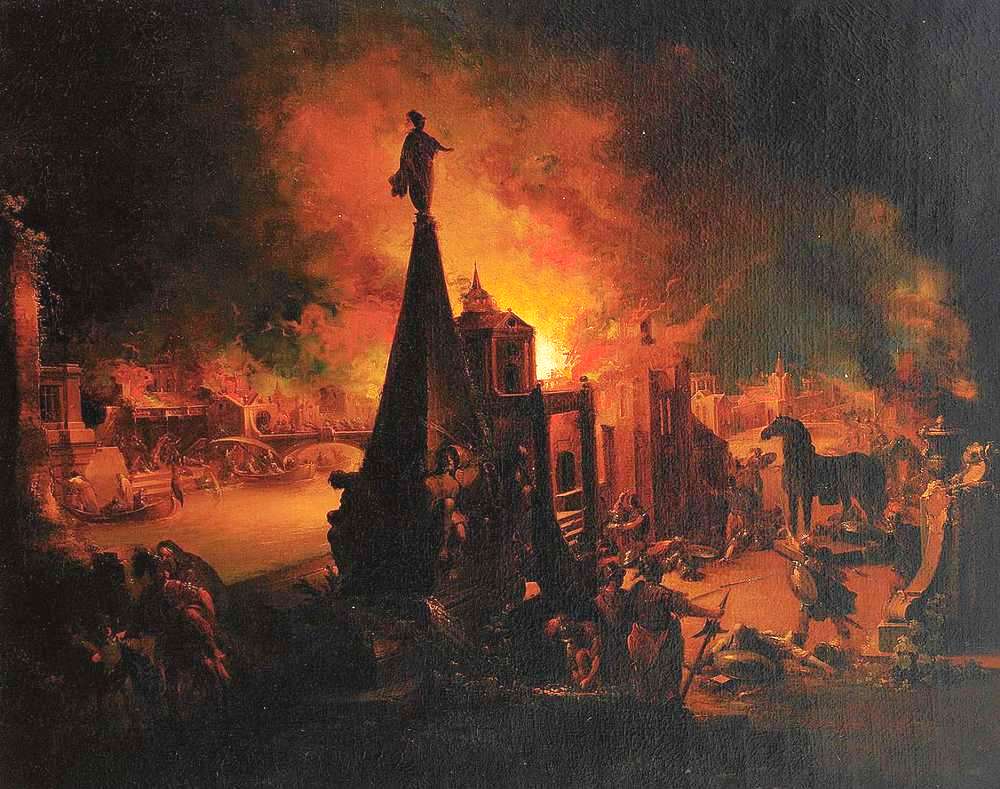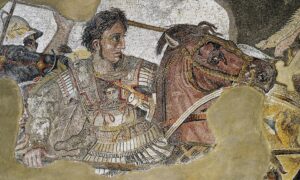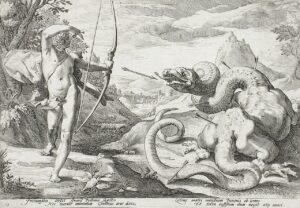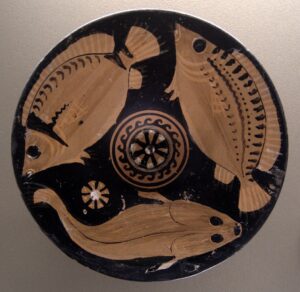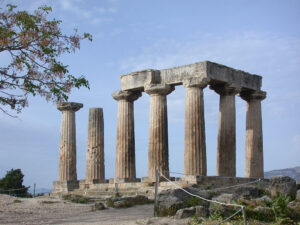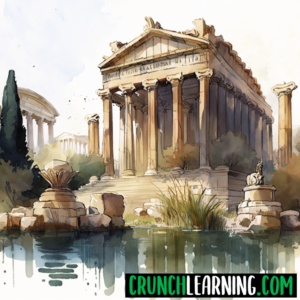The Trojan War was a legendary conflict between the kingdoms of Troy and Mycenaean Greece that is said to have taken place in the late Bronze Age, around the 13th or 12th century BCE. The war was sparked by the abduction of Helen, the wife of the Greek king Menelaus, by Paris, a prince of Troy.
According to the ancient Greek poet Homer, the Greeks assembled a massive army and set sail for Troy, where they laid siege to the city for ten years. The Trojan War is most famously told in Homer’s epic poem the “Iliad,” which tells the story of the last year of the war, including the famous Trojan Horse strategy, and the “Odyssey,” which tells the story of Odysseus’s journey home after the fall of Troy.
Cause of the Trojan War
The primary cause of the Trojan War was the abduction of Helen, the wife of King Menelaus of Sparta, by Paris, the prince of Troy. Helen was widely regarded as the most beautiful woman in the world, and her abduction sparked a massive conflict between the Greeks and the Trojans. King Menelaus called upon his brother, King Agamemnon of Mycenae, to lead the Greek forces in an attack on Troy.
Important People of the Trojan War
The war unfolded as a series of main events that included several important people of the time. First, were the Greek forces, led by King Agamemnon of Mycenae, and the Trojans, led by King Priam of Troy. King Priam’s son, Hector, famously fought in the Trojan War. The Greek forces consisted of a coalition of soldiers from various city-states. The most notable of these famous soldiers were Achilles, Odysseus, and Ajax. The Trojans were aided by their allies, including the city of Lycia and the Amazon warriors.
Major Events of the Trojan War
The war is believed to have lasted for ten years, and it was a significant event in Greek mythology and is one of the most important events in Greek literature. The Greeks were unable to take the city of Troy by force, so they decided to use a trick. They famously built a large wooden horse, which they left outside the city gates as a supposed offering to the gods. The Trojans, thinking the horse was a peace offering, took it into the city. But the horse was hollow, and inside it were Greek soldiers, who emerged at night and opened the gates of the city, allowing the rest of the Greek army to enter and ultimately conquer the city.

The Trojan War ended with the fall of the city of Troy, which was said to have been destroyed and burned to the ground. The Greeks, having won the war, then sailed back to their homes, but not without facing many challenges on their journey back. The Trojan War was considered a major turning point in ancient Greek history and had a profound impact on the development of Greek culture and society.
As stated above, there were many famous people who fought in the Trojan War, including Achilles, Odysseus, and Hector. The war was also said to have involved many famous battles, such as the duel between Achilles and Hector. Achilles famously killed Hector in the battle. Furthermore, ancient Greeks believed that the gods and goddesses of ancient Greece were involved in the war and often took sides in the conflict.
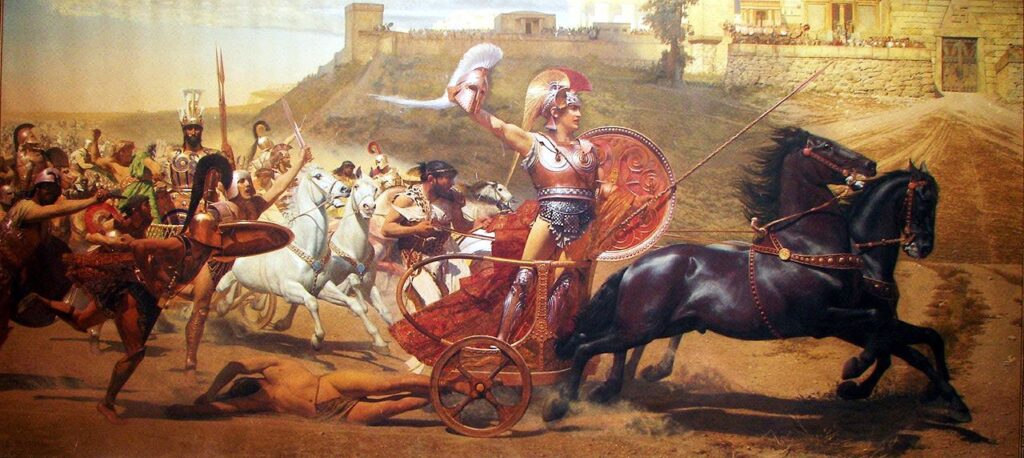
Importance of the Trojan War
The Trojan War is also considered as an important event in the history of warfare. The war was fought using a combination of different military tactics and strategies, including siege warfare, naval battles, and hand-to-hand combat. The Trojan Horse, a wooden horse filled with Greek soldiers, is one of the most famous and enduring symbols of the Trojan War, and is often used as a metaphor for a clever and unexpected strategy.
The Trojan War is significant in ancient Greek history and culture as it was considered to be one of the greatest wars of all time. The war was a major event in Greek mythology and has been the subject of many works of art and literature. It is also considered as one of the first historical events recorded in Western literature. The war is believed to have been the inspiration for many other epic tales, such as the Aeneid by Virgil and the Argonautica by Apollonius of Rhodes.
In conclusion, the Trojan War was a legendary conflict between the kingdoms of Troy and Mycenaean Greece, which is said to have taken place in the late Bronze Age. The war was sparked by the abduction of Helen, the wife of the Greek king Menelaus, and ended with the fall of the city of Troy. The war is significant in ancient Greek history and culture and is considered as one of the first historical events recorded in Western literature. It also had a profound impact on the development of Greek culture and society and is considered as an important event in the history of warfare.

